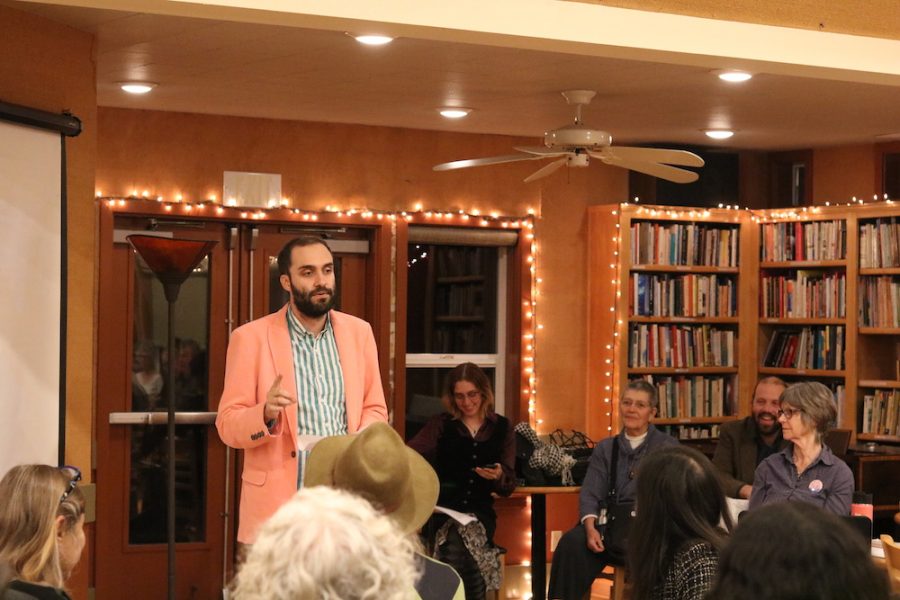On Wednesday, Butte Environmental Council hosted a listening session designed to educate the community about the role housing plays in climate change, while allowing discussion to examine the possible solutions.
With the Chico Green New Deal freshly introduced a week earlier, the city began planning to address the climate crisis while paying specific attention to the means of Butte residents.
While the Green New Deal examines several opportunities such as clean energy and transportation, sustainable food supply and investing in low-incoming communities, the deal does not include everything that would be ideal for tenants, Vice Mayor Alex Brown explained at a climate rally hosted last week.
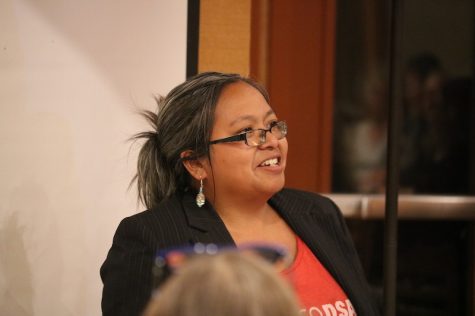
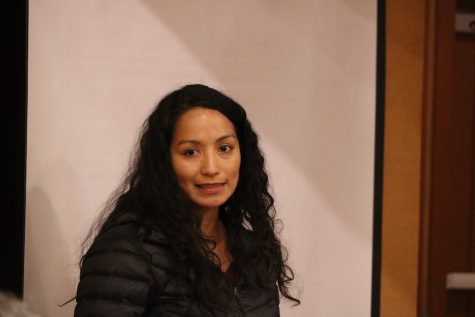
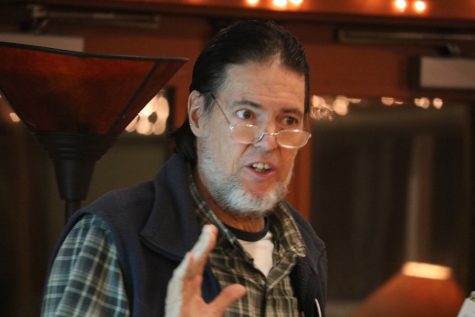
Bryce Goldstein, a board member of Butte Environmental Council and vice-chair of the city of Chico planning commission lead the discussion making note of how housing and climate change has affected the Chico community from the increase of possibility of natural disasters such as floods to wildfires — a disaster Butte County experienced recently.
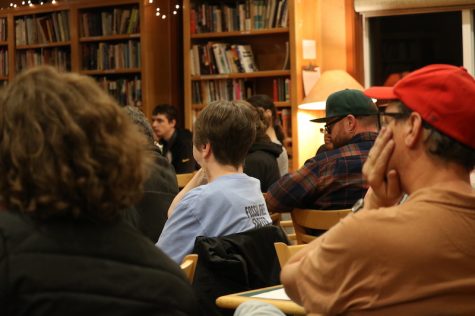
With the anniversary of the Camp Fire looming, Goldstein made the note of examining the impact of the vacancy rate. For Chico, the vacancy rate was reported to have been double the rate of California which lowered following the camp fire, according to Goldstein.
How the city regulates that, is the challenge the forum sought to face.
With a panel of six community members ranging from Ali Meders-Knight of the Mechoopda tribe and Chico Housing Action Team to GRID alternatives, each panelist could answer questions from spectators.
“The biggest challenge for an obstacle addressing housing and climate change…is trying to decolonize our minds and think outside the box,” Meders-Knight said. “Trying to get the county and tribes to work together for a universal plan for ecosystem restoration and providing an engineered infrastructure, placed on land where we’re doing land management with biomass fuel to reduce our bio-emissions; using our resources to fund this project.”
From discussing the impacts of a capitalist culture that demands more than what can be supplied, the time to discover the most creative and effective way to achieve what we need to before we burn off the planet, according to Dexter O’Connell, associate city planner of Chico.
“Buildings codes demand that structures be over-built, sometimes a 150-200% more than what is needed in certain situations, ” O’Connell said. “There are aspects to the building code which the state could alter to make it more easy to construct affordable housing to be more climate-friendly and worthwhile.”
Presenting tiny home villages as a solutions, attendees were invited to imagine the future of communities such as Paradise, which are in need of quick, affordable and lasting housing.
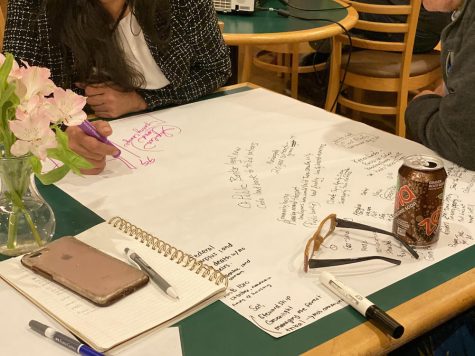
Ending the presentation with a time for people to discuss possible housing solutions in groups, BEC closed their meeting thanking those who sacrificed their time to discuss and take part in the battle against climate change.
“Teaching the next generation what it really means to live…what our relationship is with this floating ball of crystal…every choice we make must be an alignment with our hearts.” CJ Nava of North Valley Housing Trust said.
Kimberly Morales can be reached at [email protected] or @kimberlymnews on Twitter.



